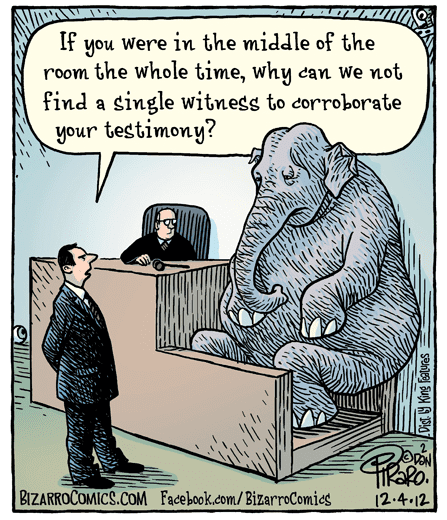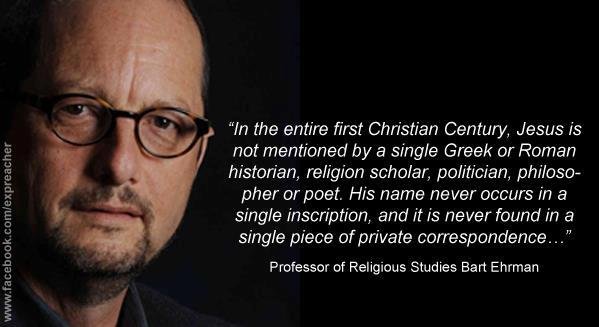
Kendal Kippen, a youth pastor at Jake’s House Church in Arlington, Washington, stands accused of raping of a church teenager. Kippen’s father is the pastor of the church.
Kendal Kippen, 26, of Stanwood, worked at Jake’s House Church in 2017 and 2018, according to the Snohomish County Sheriff’s Office. His father was the pastor.
Kippen, then 22, began “grooming” a 15-year-old girl who attended the church, the sheriff’s office reported. He would drive her home and talk to her via social media, according to a news release sent out Wednesday by the sheriff’s office.
“On multiple occasions, the suspect convinced the 15-year-old victim to sneak out of her residence, and the suspect picked her up and drove the victim to his residence in Stanwood,” the news release reads.
The youth pastor was arrested Tuesday and booked into the Snohomish County Jail in Everett. Hours later, he posted $30,000 bond.
Another young woman told The Daily Herald she was also a victim of Kippen’s abuse beginning in 2016. She said she also knew the youth pastor through Jake’s House. She was 17.
According to her, Kippen began talking with her on social media. At first, they were friends. But as time passed, Kippen started sending her sexually explicit messages. He sent her nude photos, too, she said.
The youth pastor touched the girl inappropriately at a church-sanctioned summer camp, she said. He did it again at church and at her home, she told The Daily Herald. She estimated it happened five times.
“He would always find ways to get me alone,” she said.
“He was my youth pastor, so I realized it was not OK,” she said. “We were learning about all this stuff at church — about purity, saving yourself for marriage. The person who was saying that at the pulpit was not doing it behind closed doors.”
The young woman said she was afraid to come forward about the abuse. Her dream at the time was to work at the church, she said, and Kippen told her she would never get to work there if anybody found out.
She believes other victims are out there — as do two other congregation members who spoke with The Herald on condition of anonymity.
“I would say I still believe in God,” the young woman said. “But there is a big part of me that doesn’t want to be a part of a church at all. I don’t want to be a part of something that’s hypocritical or hurts people.”
The youth pastor’s parents, Keith and Karmen Kippen, are lead pastors at Jake’s House.
One man, a former member of the church leadership, told The Herald that church elders formed a committee when they found out one of the victims was allegedly a child. The group made a plan, he said, to tell police about the allegations.
….
In November 2020, church leadership sent out an email to congregation members announcing Kendal Kippen had been “removed” from his position as youth pastor, as of August that year. He later resigned entirely from the church staff, according to the email.
“It had come to light that he was involved in sexual impropriety over the course of several years with multiple young women, both inside and outside the church,” the email read. “We referred this to law enforcement, which is now conducting an investigation, and have pledged our full cooperation. With that being said, we ask that you understand the necessity for confidentiality in the details of this matter.”
….
But in August 2021, the church’s lead pastor made plans to return at the end of the month. The unexpected turn prompted the entire apostolic team of church elders to step down: The resignation was announced at a worship service Aug. 1, 2021. Jake’s House reportedly lost over half of its congregation in the weeks that followed.
Keith Kippen did not return a Herald employee’s phone call Wednesday. Internet archives showed he and his wife were listed as lead pastors on the church’s website under a section titled “Leadership.” But that section was removed from the website sometime Wednesday.
Bruce Gerencser, 66, lives in rural Northwest Ohio with his wife of 45 years. He and his wife have six grown children and thirteen grandchildren. Bruce pastored Evangelical churches for twenty-five years in Ohio, Texas, and Michigan. Bruce left the ministry in 2005, and in 2008 he left Christianity. Bruce is now a humanist and an atheist.
Connect with me on social media:
Your comments are welcome and appreciated. All first-time comments are moderated. Please read the commenting rules before commenting.
You can email Bruce via the Contact Form.









